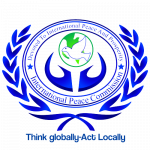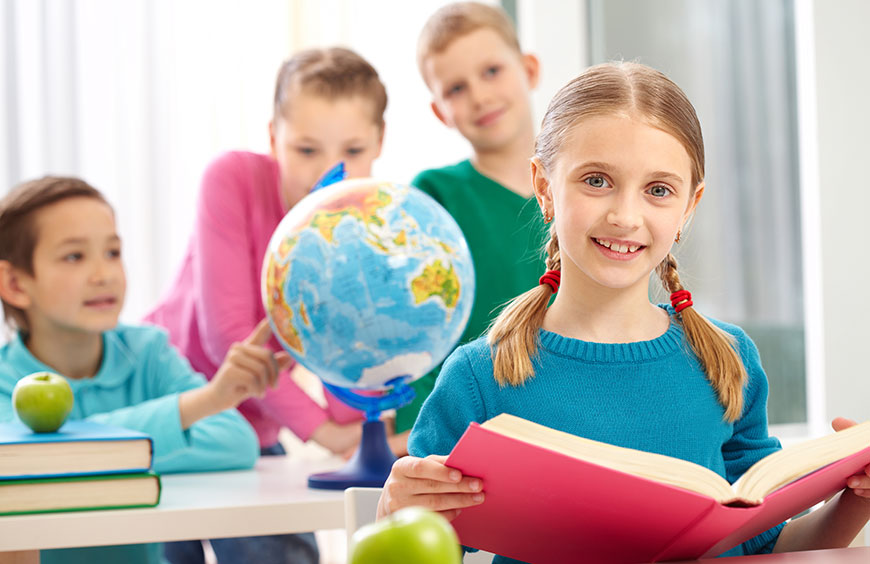Providing education to children is crucial for their personal growth, development, and success in life. Here are some of the reasons why education is important for children:
- Personal growth: Education helps children develop their personality, self-esteem, and confidence. It also helps them discover their interests and talents and encourages them to pursue their passions.
- Cognitive development: Education stimulates children’s cognitive development and helps them acquire new knowledge and skills. It also teaches them how to think critically, solve problems, and make informed decisions.
- Social development: Education helps children develop social skills and learn how to interact with others. It also teaches them about cultural diversity, tolerance, and respect for others.
- Career opportunities: Education is a key factor in determining future career opportunities. Children who receive a good education are more likely to have better job prospects and earn higher salaries.
- Economic development: Education is essential for economic development. It helps to reduce poverty, increase productivity, and promote sustainable development.
Providing Education to Children is Crucial for Their Personal Growth
Education is not only a fundamental right of every child, but it is also a necessity for their personal growth and development. Education can have a significant impact on a child’s life, enabling them to acquire knowledge, skills, and values that are essential for success in life. It is the foundation upon which a child’s future is built, and it is crucial that we provide access to education for all children, regardless of their background, economic status, or location.
Personal Growth
Education is crucial for personal growth as it provides children with the knowledge, skills, and values they need to become well-rounded individuals. Education enables children to learn about themselves, the world around them, and their place in it. Through education, children can develop their creativity, critical thinking, problem-solving, and decision-making skills, all of which are essential for success in life.
Moreover, education provides children with a sense of purpose and direction. It helps them discover their interests, talents, and strengths, and enables them to pursue their passions and dreams. Education also teaches children the importance of values such as respect, empathy, and compassion, helping them become responsible, ethical, and caring individuals.
Access to Education
Unfortunately, millions of children around the world are deprived of access to education due to various reasons such as poverty, conflict, discrimination, and lack of resources. According to UNESCO, approximately 258 million children and youth are out of school, and many of them are girls and children from marginalized communities.
This lack of access to education not only deprives children of their fundamental right but also limits their potential and opportunities for personal growth and development. Without education, children are likely to remain trapped in poverty, unable to access better job opportunities or improve their standard of living.
The Importance of Education for Society
Providing education to children is not only crucial for their personal growth but also for the development of society as a whole. Education can have a transformative effect on communities, enabling them to break the cycle of poverty and create a better future for themselves and their children.
Moreover, educated individuals are more likely to participate in civic life, contribute to the economy, and promote social cohesion and stability. They are also better equipped to address social and environmental challenges, make informed decisions, and advocate for their rights and the rights of others.
Conclusion
In conclusion, providing education to children is crucial for their personal growth, development, and well-being. It is a fundamental right that must be accessible to all children, regardless of their background or circumstances. Education is the foundation upon which a child’s future is built, and it is essential that we invest in education to create a better world for our children and future generations.

